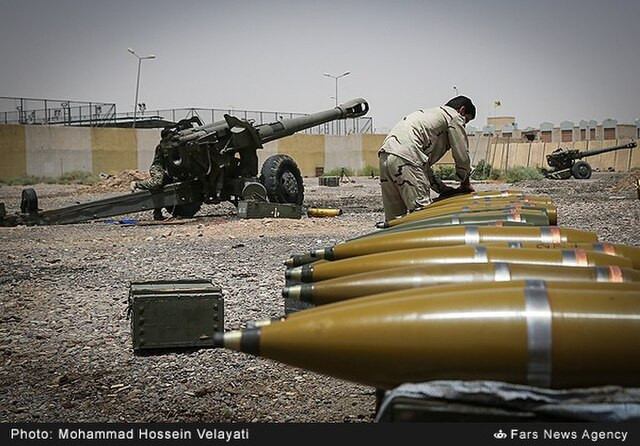Tensions between Israel and Hezbollah escalated dramatically over the weekend as both sides traded heavy strikes following a deadly Israeli airstrike on Beirut's southern suburbs. The death toll from the Friday attack, which targeted a Hezbollah meeting, rose to 37, including seven women and three children, according to Lebanon's health minister Firass Abiad. The Israeli military said it had targeted senior Hezbollah operatives, including Ibrahim Aqil, a top commander with a long history of militant activity.
The attack, described as the deadliest on Beirut since the 2006 Israel-Hezbollah war, struck a densely populated neighborhood during rush hour, amplifying the destruction and civilian casualties. Israel claimed the strike was aimed at Hezbollah's military infrastructure, taking out 16 operatives. Among the dead were two senior commanders, Aqil and Ahmed Wahbi, both pivotal figures in the militant group. Aqil, wanted by the U.S. for his role in the 1983 bombings of the U.S. Embassy and Marine barracks in Beirut, had long been a target.
White House National Security Adviser Jake Sullivan commented on Aqil's death, calling it "a good outcome," adding that Aqil had "American blood on his hands" for orchestrating the attacks on U.S. forces. "1983 seems like a long time ago, but for a lot of families, it's still very present," Sullivan noted, underscoring the enduring significance of Aqil's death for many American families.
As rescue workers sifted through the rubble of the destroyed building in Beirut's southern district, the situation on the ground continued to deteriorate. Lebanese officials reported that 23 people remained missing, while 68 others were injured in the airstrike. Hezbollah's media office conducted tours for journalists at the site on Saturday, showing the extensive damage and ongoing recovery efforts. Shops and residences in the area were devastated, including one clothing store with a sign that read, "DRESS LIKE YOU'RE ALREADY FAMOUS."
Meanwhile, Israel braced for retaliation. Hezbollah responded with a barrage of missiles targeting northern Israel. More than 90 rockets were fired into Israeli territory, triggering the Iron Dome missile defense system, which intercepted many of the incoming projectiles. However, a man in the Galilee region was reported lightly injured by shrapnel. Hezbollah claimed that it had launched dozens of missiles, including new Fadi 1 and Fadi 2 models, in retaliation for Israel's actions.
The tit-for-tat strikes come at a time of heightened instability across the region. The U.S. State Department issued a travel advisory over the weekend, urging American citizens in Lebanon to leave immediately via commercial flights while they remain available. U.S. officials also advised against travel to the country due to the ongoing conflict between Israel and Hezbollah, noting the unpredictable nature of the violence.
The White House has sought to prevent further escalation, with Sullivan warning both Israel and Hezbollah against escalating the conflict. However, the violence has steadily intensified, with Hezbollah vowing continued strikes until a ceasefire is reached between Israel and Hamas in Gaza. The militant group has maintained a steady barrage of rocket attacks on Israel, while Israeli airstrikes continue to pound Hezbollah positions in southern Lebanon.
The conflict has displaced tens of thousands of civilians on both sides of the border. Residents of northern Israel, especially in areas near Haifa and Galilee, have been evacuated as Israeli military forces prepare for a potential wider operation against Hezbollah. In Lebanon, hospitals are overwhelmed by the influx of wounded from both the airstrikes and the synchronized explosions earlier in the week, which targeted Hezbollah communication devices.
Lebanese Prime Minister Najib Mikati announced that he would not attend the upcoming United Nations General Assembly, citing the ongoing violence. Mikati's decision reflects the gravity of the situation as the country faces a deepening humanitarian crisis amid the escalating military confrontations.
For Israel, the strike on Hezbollah's leadership is part of a broader strategy to degrade the group's capabilities, particularly its chain of command. Defense Minister Yoav Gallant defended the airstrike, saying it targeted a meeting of Hezbollah's elite forces, including Aqil, a notorious figure responsible for numerous attacks on Israeli forces over the years. "This is our commitment to those we've lost," Gallant said, emphasizing Israel's determination to respond forcefully to Hezbollah's aggression.




